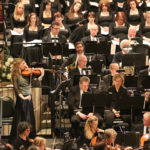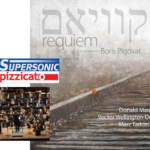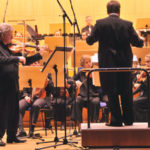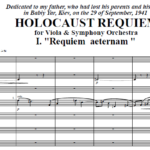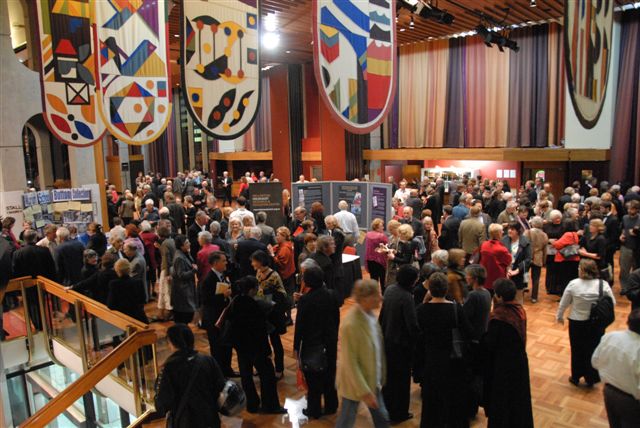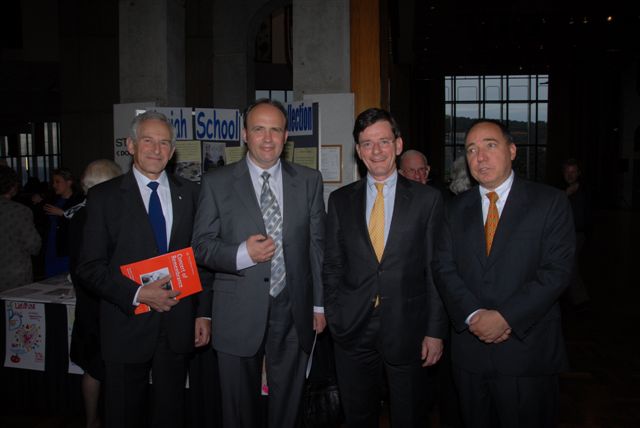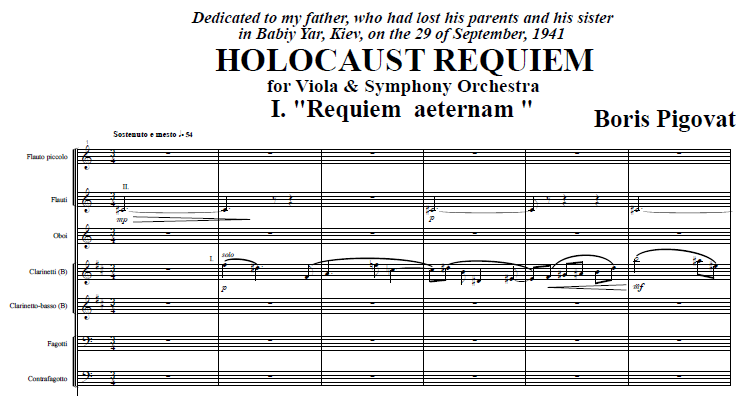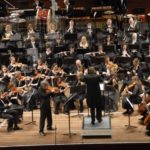Holocaust Requiem was performed for it’s second time at the Concert of Remembrance for the 70th Anniversary of Kristallnacht.
The outstanding performance by violist Dr. Donald Maurice, Professor of Music at the New Zealand School of Music in Wellington, conductor Mark Taddei, and Vector Wellington Orchestra, was widely reviewed by local and international media.
Later, Donald Maurice remembered:
The performance was in 2008 but is indelibly etched into my memory. Many people were in tears. I myself said, ‘I must not cry!’” Commenting on the composition’s future and potential for effecting change, he observed, “It needs to be performed often as a reminder of the effects of war and the circumstances that precipitate one culture wanting to dominate or annihilate another.
A live recording of Requiem from the event was released by Atoll, in November 2010, with other pieces of mine.
Here is an audio recording of an interview given by Donald Maurice and Marc Taddei to Radio New Zealand (Nov 2008).
Below are some samples of that amazing performance and some photos from the event.
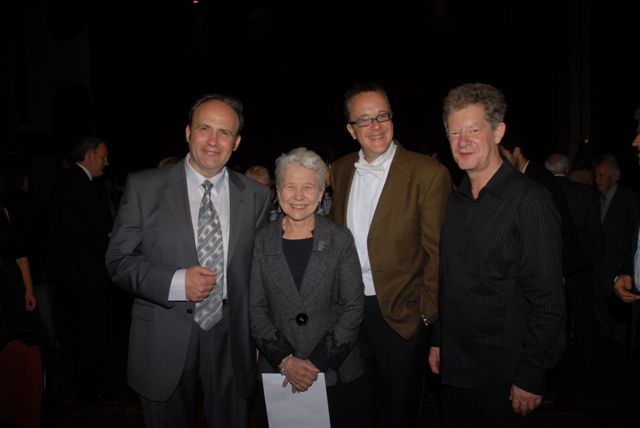
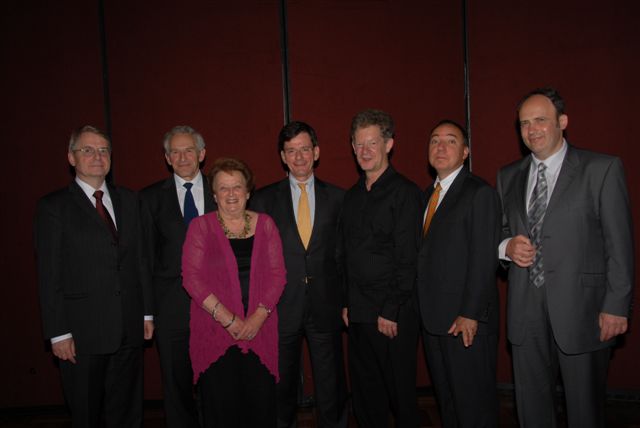
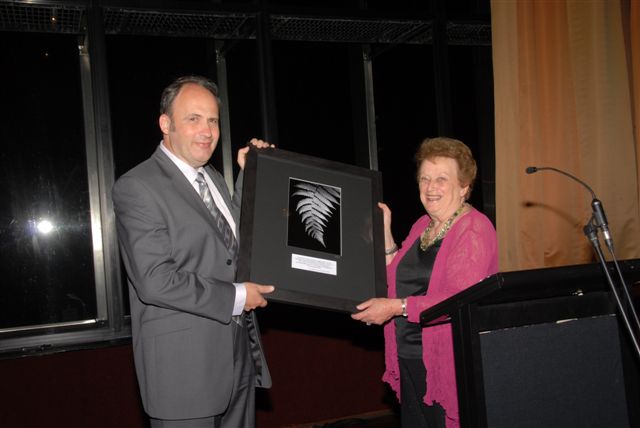
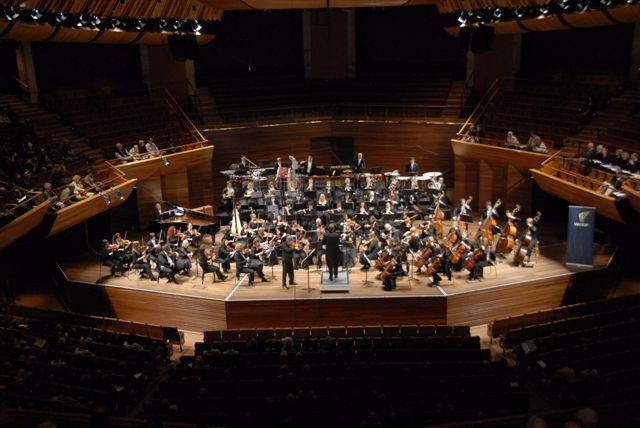
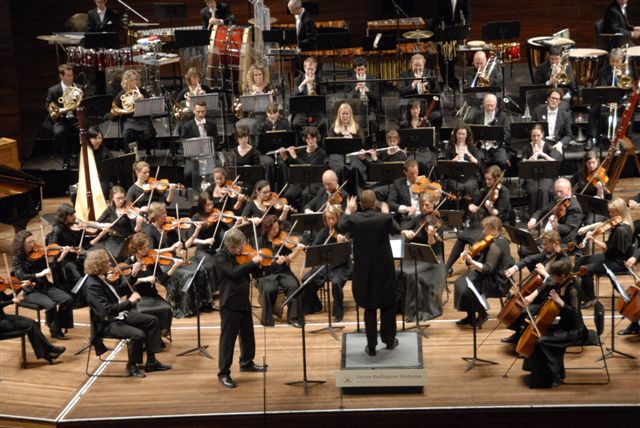
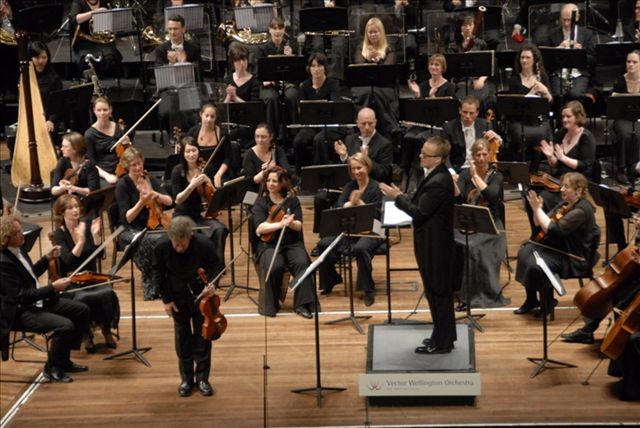
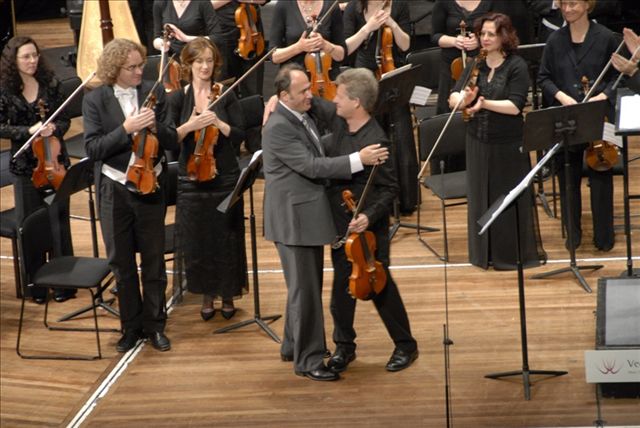
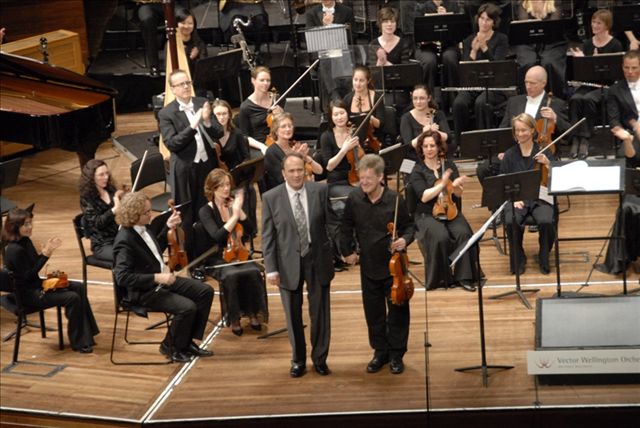
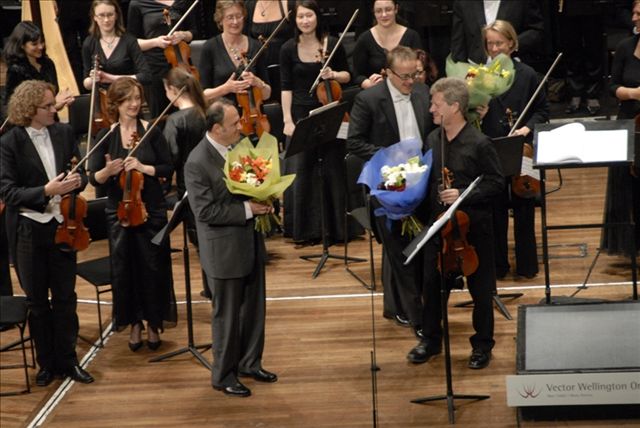
Requiem “The Holocaust” is not music for the faint of heart. The listener is drawn inexorably into the unfolding tragedy... Pigovat runs a stylistic gamut from tonal to expressionistic with hints of Berg and Shostakovich as he gradually unfolds his nightmare. Though instrumental throughout, there are times one can hear “Re—qui-em” among the many busy layers of musical texture.
The Music is harrowing and tense, and very Russian in sound. Echoes of contemporary composers such as Denisov, Kanchelli and Gubaidulina can be heard, as well as the inexorable thread of Shostakovich in the Dies Irae, but the voice of the composer remains highly individual. Balancing the violence, anger and tension is the conciliatory beauty of the Lux Eterna that rounds out a work of deeply felt power.
Using purely orchestral forces this 46-minute symphonic-concerto encompasses ear-splitting anguish, horror and confusion -- tolling tintinnabulations mark the outset of unspeakable atrocities while abject grief is heightened by sonorous lamentations of the solo viola; a role of unusually formidable demands.
Pigovat's music is evocative and distuibing in its depiction of the Holocaust. With styles reminiscent of other Russian composers, including the rich melancholy of Shostakovich the
compositional style is still distinctly Pigovat's own.
Intense and strongly assured it is a life-affirming piece that makes a telling statemen with subtlety.


